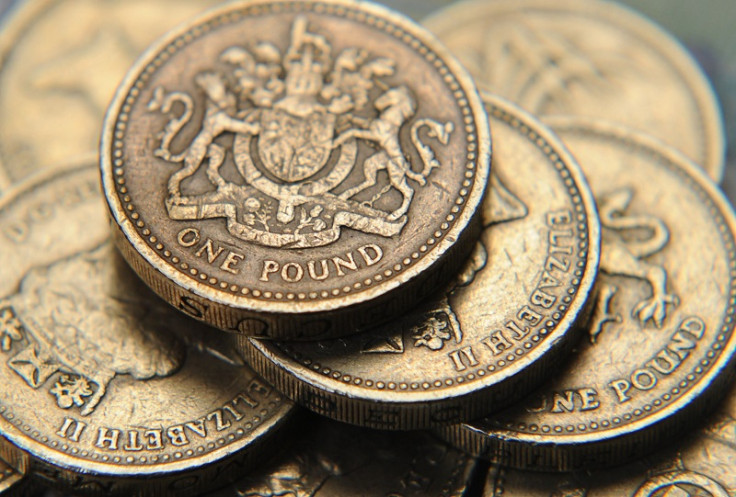UK GDP growth revised upward in fourth quarter, but annual figure is downgraded
UK economy grew 0.7% in final quarter of 2016, but expanded 2% on a yearly basis, down from 2.2% estimate.

The UK economy grew slightly faster than expected in the final three months of the year, although it fared worse than initially forecast over the last 12 months as a whole, according to official figures released on Wednesday (22 February).
The Office for National Statistics (ONS) reported that Britain's gross domestic product (GDP) grew 0.7% on a quarterly basis in the three months to the end of December, slightly ahead of the 0.6% gain recorded in the preliminary estimate last month.
The figure was also marginally higher than the 0.6% advance recorded in the previous three months.
However,the year-on-year reading showed Britain's economy expanded 2% in the fourth quarter, down from the 2.2% reading recorded in the preliminary estimate, which analysts expected to remain unchanged.
Strong consumer spending remained the main driver of GDP growth in the fourth quarter, along with strong growth in the output of the services sector.
However, growth suffered a slowdown in the fourth quarter, with business investment falling by 1.0%, driven by subdued growth within the "ICT equipment and other machinery and equipment" assets.
The ONS added the growth in 2016 is 1.8% higher than that in 2015, a 0.2 percentage points downward revision from the preliminary estimate. On a current price basis, GDP rose 1.4% in the fourth quarter of 2016 from the previous three months, while GDP per head in volume terms rose 0.5% on a quarterly basis.
Last month, the ONS estimated Britain's increased by 2.0% during 2016 as a whole, slowing slightly from 2.2% in 2015 and from 3.1% in 2014. Britain's economy is now 8.7% higher than its pre-crisis peak in 2008, although it is only 1.9% bigger on a per capita basis (adjusted for population changes).
Paul Hollingsworth, UK economist at Capital Economist, said he expected growth to come in at about 1.8% in 2017, comfortably above the current consensus expectation of 1.4%.
"Lingering uncertainty about the UK's future relationship with the EU as negotiations get underway may hold back investment," he said.
"Nonetheless, upbeat consumer sentiment and continued low interest rates should ensure that household spending doesn't slow too sharply. And the lower pound should help to drive a stronger net trade performance than in recent years."
However, Howard Archer, chief UK and European economist at IHS Markit was more pessimistic.
"We expect GDP growth to moderate to 1.6% in 2017 - as consumer spending slows markedly amid weakening fundamentals and as businesses become increasingly cautious over investment as the economy shows mounting signs of slowing and uncertainties over the outlook are magnified by Brexit negotiations coming to the forefront after the government triggers Article 50," he said.
© Copyright IBTimes 2025. All rights reserved.






















